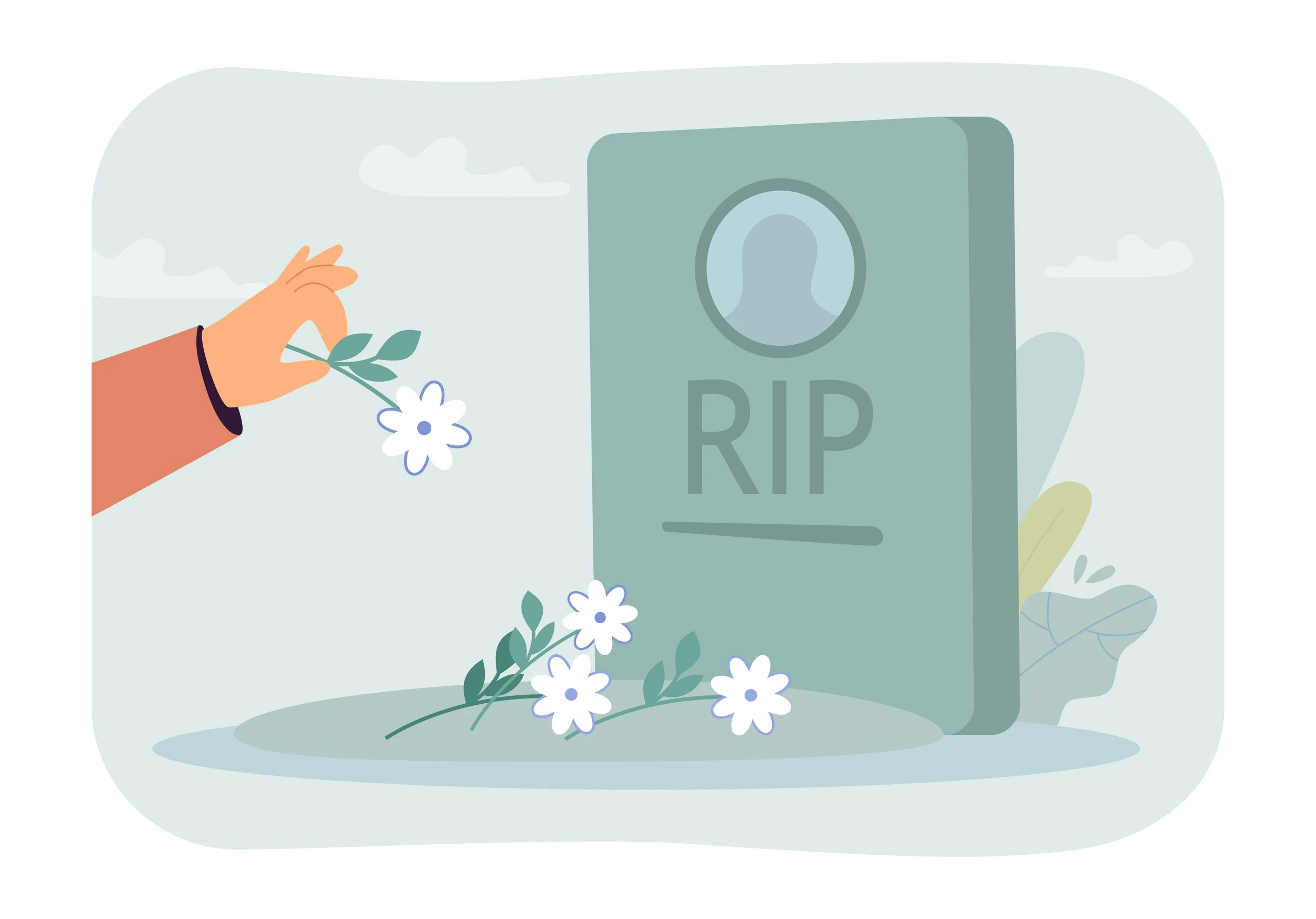When a Foreign Domestic Helper Passes Away in Hong Kong: What Employers Must Know
A recent major fire in Hong Kong caused multiple deaths and injuries, including foreign domestic helpers from the Philippines and Indonesia. Such events are heartbreaking. Helpers come to Hong Kong to work far from home, and a serious accident affects both their families and the employer. When a helper passes away in Hong Kong, employers must understand their legal responsibilities, the required procedures, and which authorities must be notified. This article explains the key steps to help employers handle the situation properly during a very difficult time.
Guide to Handling Work Injuries - (Part 5) FAQ III
Handling a foreign domestic helper’s work injury is not only about medical treatment. It can also involve sick leave follow-up, loss of capacity assessments, or even compensation after the helper leaves employment. Employers often worry about their responsibilities, while helpers are concerned about their rights. The good news is that the law provides clear rules, and if both sides follow them, cases can be settled more smoothly. Below are some common questions and answers.
Guide to Handling Work Injuries - (Part 5) FAQ II
When a foreign domestic helper is injured at work, it’s not just about reporting the case and arranging basic medical treatment. Both employers and helpers need to understand various follow-up steps, such as how sick-leave wages are calculated, whether medical assessments are required, what documents to prepare, and the employer’s legal responsibilities. Having domestic helper insurance is also important, as it not only covers work injury compensation but can also help with medical expenses, sick-leave payments and other related costs, reducing pressure on both sides. The following FAQs will break down these key points clearly.
Guide to Handling Work Injuries - (Part 5) FAQ I
For many Hong Kong employers, one of the biggest concerns when hiring a foreign domestic helper is: What if she gets injured at work? According to the Employees’ Compensation Ordinance (ECO), employers must take legal responsibility, while helpers are entitled to protection.
This article answers some of the most frequently asked questions and explains how domestic helper insurance can provide extra support in different situations.
Guide to Handling Work Injuries - (Part 4) Injury Assessment and Other Key Points
Many employers in Hong Kong know that the Employees’ Compensation Ordinance protects foreign domestic helpers if they get injured at work. If the injury is serious and affects future income, the helper needs an “loss of earning capacity assessment.” This step decides the compensation amount, so both employers and helpers should understand the process, possible issues, and how insurance can help.
Guide to Handling Work Injuries - (Part 3): How to Calculate Compensation Amounts
There are over 370,000 foreign domestic helpers in Hong Kong who help families with daily chores and care duties. But what happens if your helper gets injured at work? As an employer, you are legally responsible under the Employees’ Compensation Ordinance (Cap. 282) to provide compensation.
In this Part 3 of our Work Injury Guide, we’ll explain how compensation is calculated, including for death, permanent or temporary disability, and medical costs. We’ll also share real examples to help you understand your responsibilities.
Guide to Handling Work Injuries - (Part 2): How to Apply for Compensation? 4 Things Employers Must Know
Foreign domestic helpers work hard every day to take care of families. If a work injury happens, it doesn’t just affect their health, it can also bring legal and financial pressure for employers. In our previous article, we explained that under the Employees' Compensation Ordinance, employers are responsible for handling compensation. This time, let’s talk about what to do if your helper is really injured and needs to claim compensation.
Guide to Handling Work Injuries (Part 1): Employer Responsibilities and Compensation
Foreign domestic helpers play an important role in many Hong Kong households, helping with cooking, cleaning, childcare, and elderly care. But what happens if your helper gets injured at work or suffers from a work-related illness? As an employer, do you know what your legal responsibilities are?
This article explains the basic rules under the Employees’ Compensation Ordinance, so you can handle work injury cases properly and avoid legal or financial risks.






